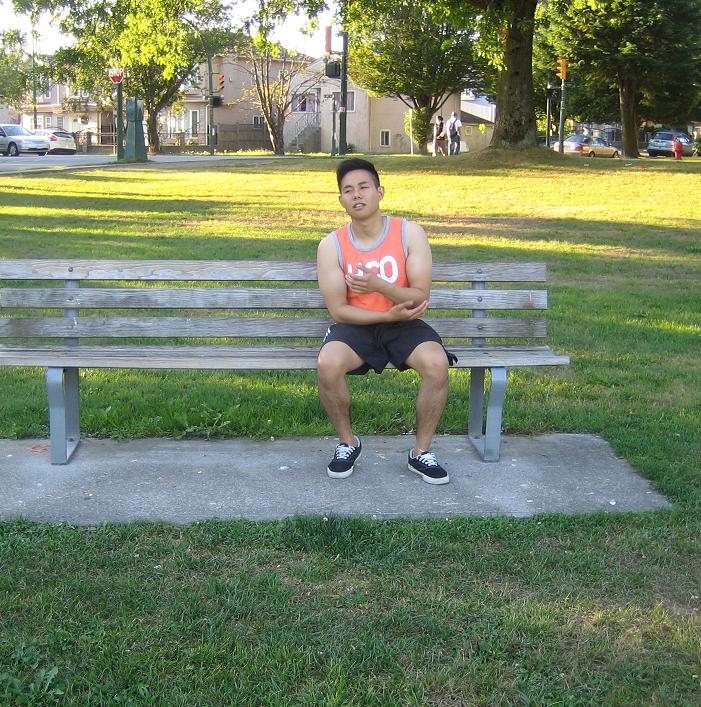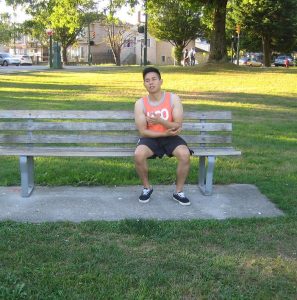Arteriosclerosis is a condition where the arteries become stiff and thick and reduced flow of blood in other organs and tissues in the body. Generally, this process is called hardening and weakening of the arteries that develops in organs of the body and usually it affects the heart.
Blood circulate in the body through the arteries but when plaque such as cholesterol, fat and cellular waste accumulate in the walls of the artery it results to arteriosclerosis. Furthermore, arteriosclerosis can develop into atherosclerosis, a condition that results to strokes, disease of the heart, problems with circulation in the legs and arms and aneurysms which cause dangerous condition such as chronic kidney disease and internal bleeding. In addition, the plaques can burst and form blood clot.
Risk factors
- High cholesterol
- Diabetes
- Obesity
- High blood pressure
- Lack of exercise
Sudden weakness or numbness of the leg or arm. - Unhealthy diet
- Smoking and use of other tobacco
- Family history of early heart disease
Symptoms of arteriosclerosis
- At first, sudden weakness or numbness of the leg or arm
- Pain in the chest or pressure
- Brief loss of vision in one eye
- Slurred speech or speaking difficulties
- Pain when walking
- Dropping facial muscles
- High blood pressure
- Lastly, kidney failure
Causes
- High cholesterol
- High blood pressure
- Smoking or other sources of tobacco
- High triglycerides which is a type of fat found in the blood
- Inflammatory disease such as lupus, arthritis and inflammation of unknown cause
Treatment
- Take the prescribed cholesterol medication to lower the LDL cholesterol or the bad cholesterol and stop the accumulation of fatty deposits in the arteries. It will also improve the level of HDL cholesterol or the good cholesterol.
- Use an anti-platelet medication such as aspirin to lessen the formation blood clot and further blockage of the arteries.
- Prescribed beta blocker medications to reduce heart rate and blood pressure. It will also relieve symptoms of chest pain; lessen the high risks of heart attacks and problems with heart rhythm.
- Take angiostensin-converting enzyme or ACE inhibitors medications to lower blood pressure and for fast healing of the condition. In addition, it also lessens the risk of heart attacks.
- Calcium channel blockers medications to lower the blood pressure and also treat angina or chest pain.
- Prescribed diuretics to lower blood pressure.
- Stop smoking to prevent the accumulation of plaque in the arteries.
- Perform exercises regularly such as moderate physical activity for at least 30 minutes every day to maintain a healthy weight, lower blood pressure, lower the levels of blood cholesterol in the blood and the risk of developing diabetes.
- Maintain a diet that is low in saturated fats, eating a variety of fruits and vegetables, whole grains and legumes. Generally, eat fish which is rich in omega -3 fatty acids and minimize consumption of sodium.
FACT CHECK
https://en.wikipedia.org/wiki/Arteriosclerosis


